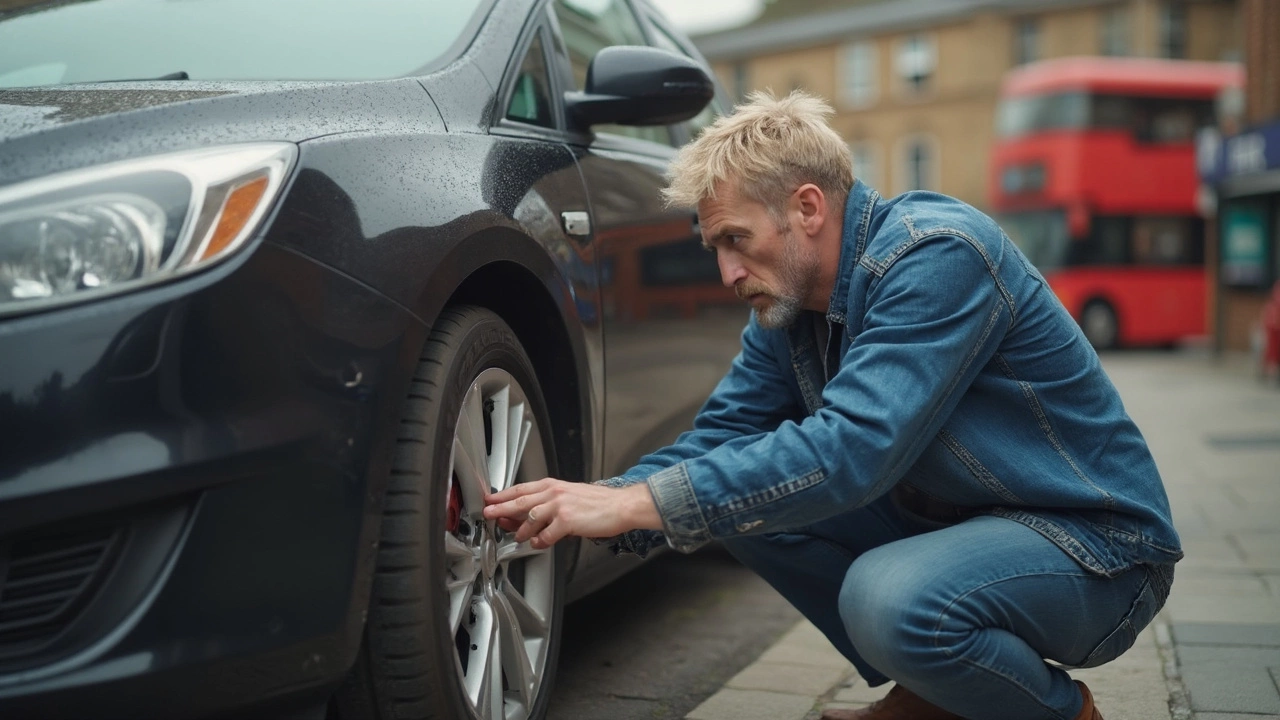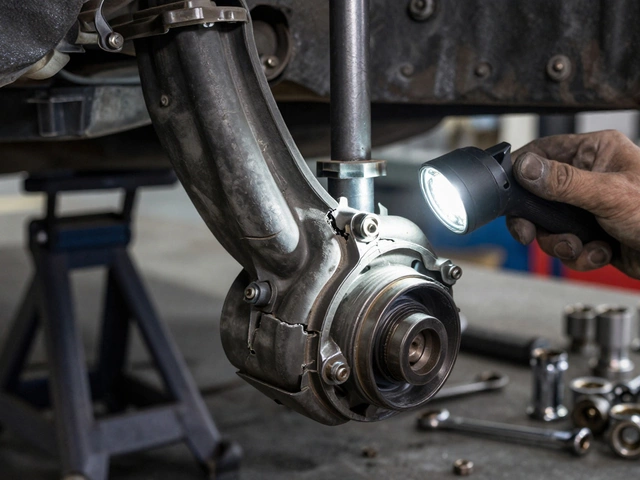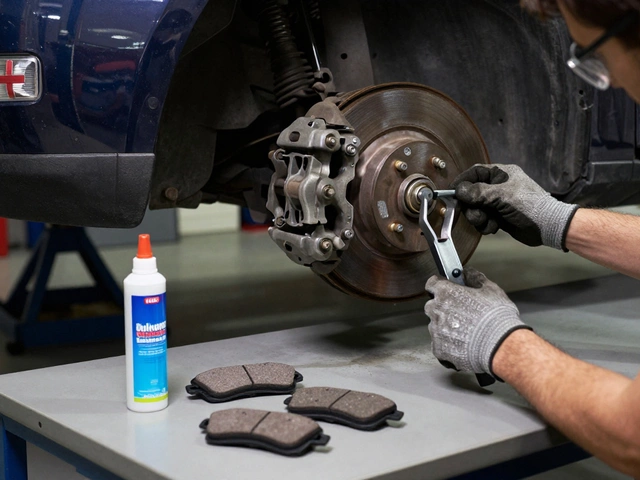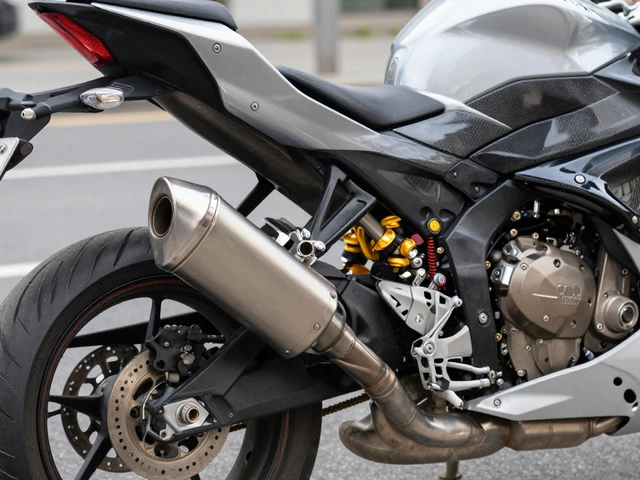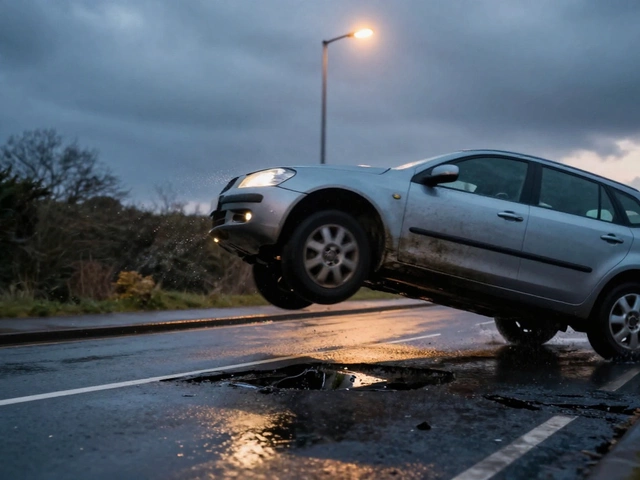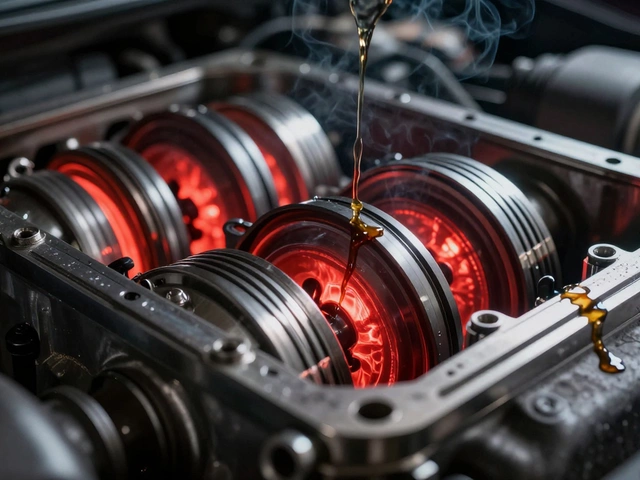Driving with Worn Brakes: Risks, Signs, and What to Do
When you’re driving with worn brakes, a condition where brake pads or rotors have degraded to the point of reduced stopping power. Also known as compromised braking system, it’s not just inconvenient—it’s a silent threat every time you hit the pedal. You might not feel it right away, but worn brakes don’t just slow you down—they make your car unpredictable. A study by the UK’s Driver and Vehicle Standards Agency found that brake-related faults were among the top three reasons cars failed their MOTs last year. And most drivers didn’t even know they were at risk until it was too late.
The real danger isn’t just the brake pads wearing thin. It’s what happens next. When pads are gone, metal starts grinding against metal. That’s when your brake rotors, the discs that the pads clamp down on to stop the wheels get scored, warped, or cracked. Once that happens, you’re not just replacing pads—you’re replacing rotors too, and that’s a much bigger bill. And if you keep driving? The brake system failure, a complete loss of stopping power due to overheating, fluid leaks, or component breakdown can happen without warning. No warning lights. No beeps. Just silence—and then panic when you need to stop fast.
Here’s what you might already be feeling: a squealing noise when you brake, a spongy pedal, your car pulling to one side, or vibrations through the steering wheel. These aren’t "just noises"—they’re your car screaming for help. And if you’ve noticed your stopping distance getting longer, especially on wet roads, you’re already in the danger zone. Driving with worn brakes doesn’t just hurt your wallet—it hurts your safety and the safety of others.
What you’ll find below isn’t a list of theory. These are real posts from drivers who’ve been there—people who ignored the signs, then learned the hard way. You’ll see how to spot failing brake pads before they destroy your rotors, when you can skip rotor replacement (and when you absolutely can’t), and what to do if your brakes feel weird but your car still drives fine. No fluff. No sales pitches. Just what you need to know before your next stop becomes a crash.
